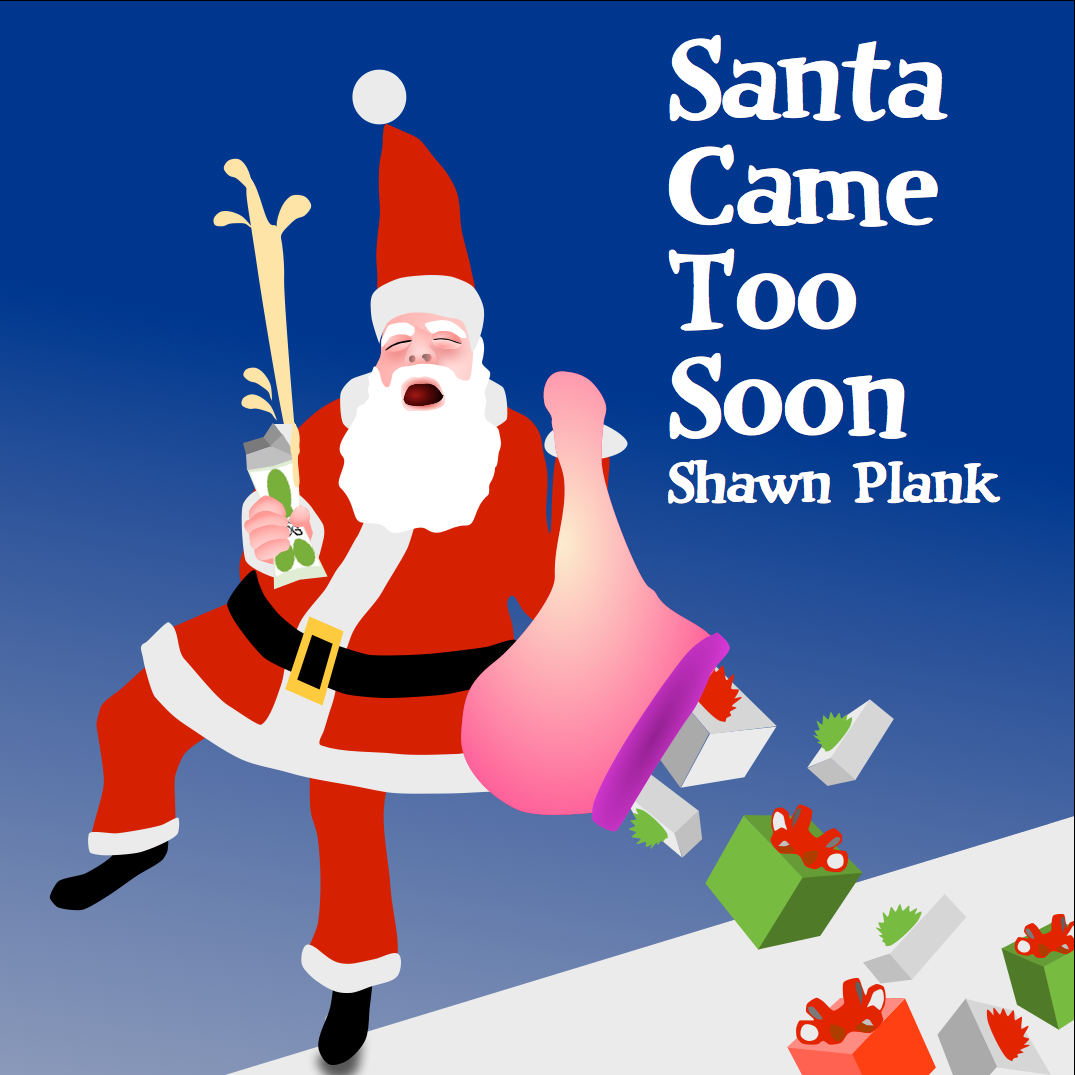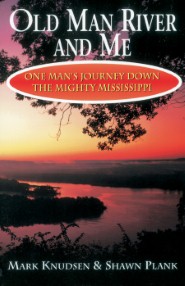A profound profusion of profanity?
More people use profanity these days.
Or at least more people say that more people use profanity these days.
USA Today ran a recent cover story declaring profanity was on the rise. Reporters interviewed people who said swearing is becoming more prevalent, getting out of hand and spells doom for society in general.
They got this idea because two pro football players used two big taboo words on live TV recently. But let’s face it. That was an isolated incident. The story offered no statistics proving profanity was increasing and therefore reporters had no way to prove their story was accurate.
In my opinion, trend stories like these, based on weak evidence, spells doom for society more than profanity.
The reporters could just as easily have done a story saying profanity was decreasing, thanks to an increasingly moral society, an example-setting, church-going president and blockbuster sales of William Bennett’s “The Book of Virtues.” This story would have been just as accurate (or inaccurate).
It really ticks me off that these trend stories, based on the flimsiest of evidence, are taken as fact. I don’t believe profanity is increasing. I believe we are more restrained and dignified these days. To say otherwise, in an irresponsible trend story, is simply a crock of —
OK. Maybe profanity is on the rise. Today, we can encounter four-letter words practically anywhere — TV, magazines, books, even in dictionaries.
Yes, more dictionaries — those alphabetized, erudite warehouses of the English language — are including words that would make a sailor blush. I know this is true because I use profanity to shop for a dictionary. I think of several extremely foul words and look them up. I won’t buy a dictionary that doesn’t acknowledge four-letter words. I consider them to be lacking.
After all, if the dictionary can leave out a commonly used profane word (one that’s been on live TV, for example), then how can I trust that definitions and spellings of other words are correct? I would curse these profanity-free dictionaries if only I could find the proper words in them to use.
Leaving profanity out of a dictionary is censorship plain and simple. Sure, it may keep from offending some people. But it strikes me as dishonest. And besides, maybe I need to make sure I’m using profanity in the correct context.
Yes, you may say, but I shouldn’t be using profanity at all. It has no use, you say.
Tell that to the many jar lids I’ve struggled with. You can grunt, twist, tap the lid against the counter, run it under hot water and work on it with a blow torch, but nothing gets a lid off quite like profanity. Using a specially selected magic word in the midst of the battle frees the lid like nothing else.
Even though they are effective, I agree that use of profanity should be limited but not merely because it offends. Use these words too much and they can lose their potency. We need to keep the proverbial jar lid securely on four-letter words or they will go stale.
We need to save them for events such as opening tight windows. But in this situation, you have to be more careful. Make sure that if you need to shout the vulgarity, you get it done before you actually raise the window. Otherwise, it will appear that you are randomly and madly opening your window simply to curse the entire neighborhood and other passersby, who may take it personally.
Also, I wouldn’t have been able to put together a baby crib if I didn’t have swear words at my disposal. Cussing the little connectors and screws as I fumbled with them suddenly made them line up and magically come together.
It also helped to curse the people who wrote the vague instructions; the people who paired part names with seemingly purposefully confusing letters in building diagrams. For example: “The I-bolt (K) fits into the K-D bolt (J), which should then be hung on the J-hook (I).”
The curses expressed against these instruction writers could have loosened a thousand jar lids. But the use of the magic words helped so much in crib construction that I think they should be included in instructions to help the profanity-impaired: “If you can’t successfully hang the K-D bolt (J) on the J-hook (I), try using the S-word (F), one of the B-words (S) or a variation on the F-word (B). This should do the trick. If not, please consult your dictionary.”




 Friday, December 31, 1999 at 7:01 PM
Friday, December 31, 1999 at 7:01 PM
Reader Comments